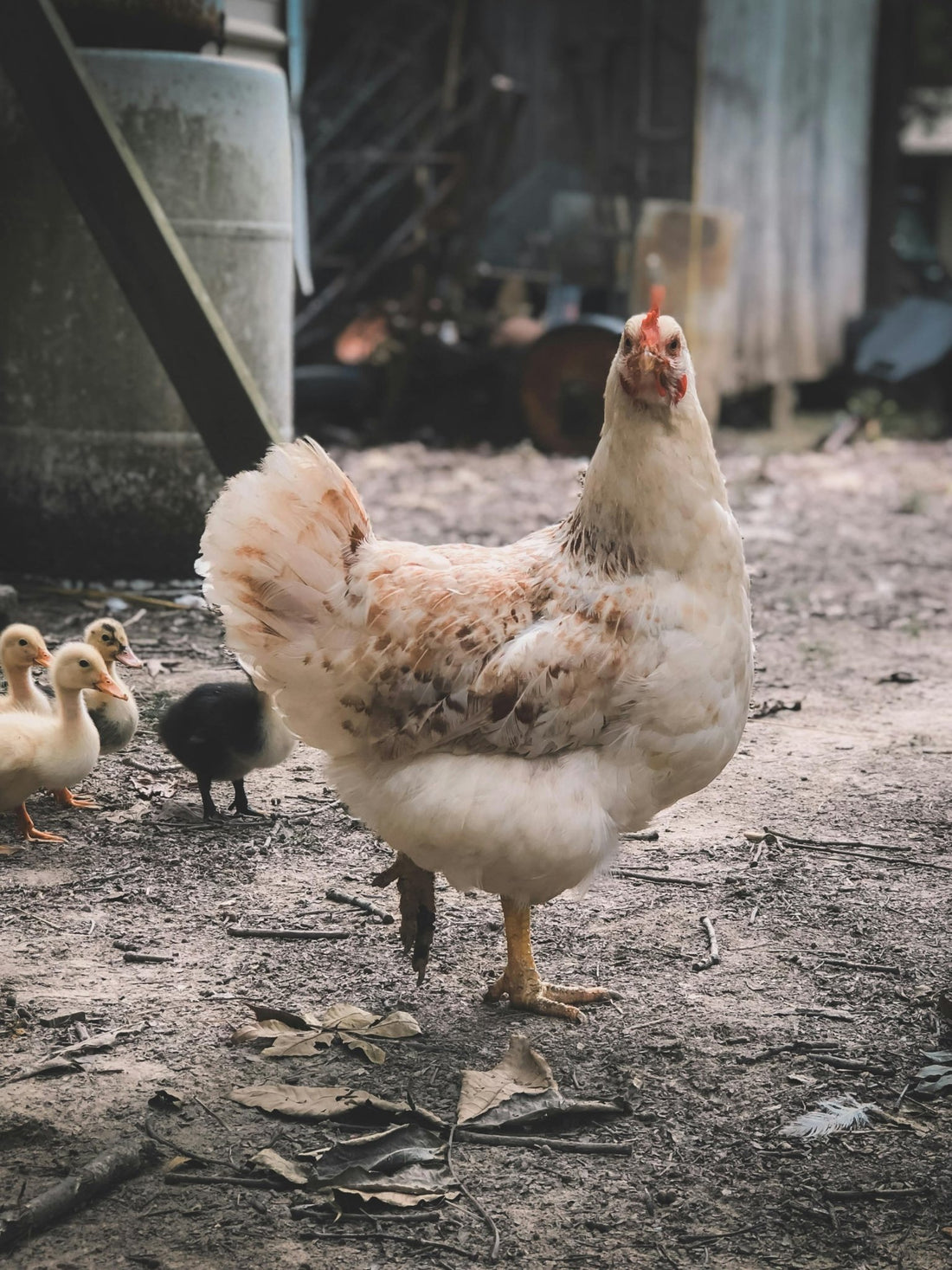Greetings, aficionados of the feathery sort! As winter dons its frosty cloak and serenades us with chilly ballads, there's a noticeable lull in the chicken coop's operatic performance. The once-abundant eggs have dwindled in number, causing many a poultry maestro to scratch their head in puzzlement. Why does Lady Cluckington and her choral mates give fewer ovate encores during the winter? Let's embark on an egg-citing journey to crack this conundrum, shall we?
The Winter Wane: Why the Drop in Eggs?
Ah, winter, with its frosty mornings and silent snowfalls, is indeed a season of magic. Yet, amidst this wonder, our clucking companions seem to enter a period of contemplative rest when it comes to their egg-laying duties. Why this sudden drop in the great egg opera? Let's explore the multifaceted reasons:
Shorter Days, Longer Nights: Our feathered friends are attuned to the rhythms of Mother Nature, especially the sun's embrace. Chickens possess a unique gland called the pineal gland, which reacts to daylight. As the winter days become shorter, there's less light exposure, which in turn reduces the stimulation of this gland, leading to decreased egg production. It's as if the chickens are saying, "More daylight, more ovations!"
Energy Conservation: Let's think of energy as a currency. Winter demands higher heating bills, even for chickens. Their bodies instinctively know to reroute energy from egg production to vital functions like maintaining body temperature. This redirection ensures they stay snug and safe against the icy drafts, even if it means fewer eggs in the basket.
Molting Overlaps: The great feather shuffle, known as molting, often concludes its grand performance as winter arrives. During molting, a significant amount of protein is directed towards new feather growth, leaving little for egg production. It's a glamorous yet energy-consuming transformation, and egg-laying often takes a back seat during the process.
Nutritional Shifts: Winter poses challenges in terms of food availability. With fewer bugs and greens to forage, chickens may experience a dip in the nutritional diversity they receive. Eggs, as we know, are nutritional powerhouses, and producing them requires an array of nutrients. A slight imbalance or inadequacy can cause the egg production machinery to slow down.
The Reproductive Recess: Chickens, especially as they age, have a finite number of eggs they can produce. Sometimes, the winter slowdown is a form of reproductive rejuvenation, allowing hens to rest and recharge their reproductive systems. It's like their annual leave from the relentless task of egg-laying.
By understanding these nuanced factors, we can truly appreciate the intricacies of our chickens' lives. Their egg-laying hiatus during winter isn't mere whimsy but a complex interplay of biology, environment, and instinct. So, while our breakfasts might feel the pinch of fewer eggs, we can at least be egg-static knowing our feathered performers are simply listening to the grand symphony of nature.
Egg-celerating Winter Production: Tips and Tricks
Now, onto the good stuff. How do we coax more ovations out of our divas during winter's intermission?
Let There Be Light: Consider installing a light in your coop. By artificially extending the "daytime" by a few hours, you're giving your chickens the cue to keep producing. But remember, moderation is key! Too much artificial light or sudden changes can stress our leading ladies.
Dietary Decadence: Feed plays a crucial role. Opt for higher protein feeds during winter. Treats like mealworms, sunflower seeds, and even the occasional scrambled egg can give them the extra boost they need.
Coop Comforts: A happy hen is a productive hen. Ensure the coop is draft-free, well-insulated but ventilated, and dry. Consider extra bedding for added warmth. When chickens aren’t using all their energy to keep warm, they might just divert some back to egg-making.
Water Wonders: Water is vital. Ensure your flock always has access to unfrozen water. Investing in a heated waterer or regularly checking and replacing frozen water can keep the hydration flowing.
Stress-Free Sanctuary: Winter can be stressful with its storms and changes. Keeping a predictable routine, offering some winter treats and toys, and generally ensuring a peaceful environment can work wonders.
To Interfere or Not?
It's worth noting that some farmers opt for a hands-off approach, allowing their chickens a natural winter respite. After all, nature often has its rhythms for a reason. If egg production dips a little in the winter, it might just be a well-earned break for your hardworking flock. Like every starlet, sometimes they need a hiatus to return to the stage with renewed vigor.
Winter egg production, or the lack thereof, is a dance of nature, environment, and chicken physiology. With a little understanding and a sprinkle of intervention, it's entirely possible to keep the ovate encores coming. But remember, whether in full egg-glory or taking a seasonal break, our chickens always deserve a standing ovation for their tireless efforts. Here’s to egg-ceptional winters, filled with warmth, love, and maybe just a few more eggs! 🐔🥚❄️🎭

